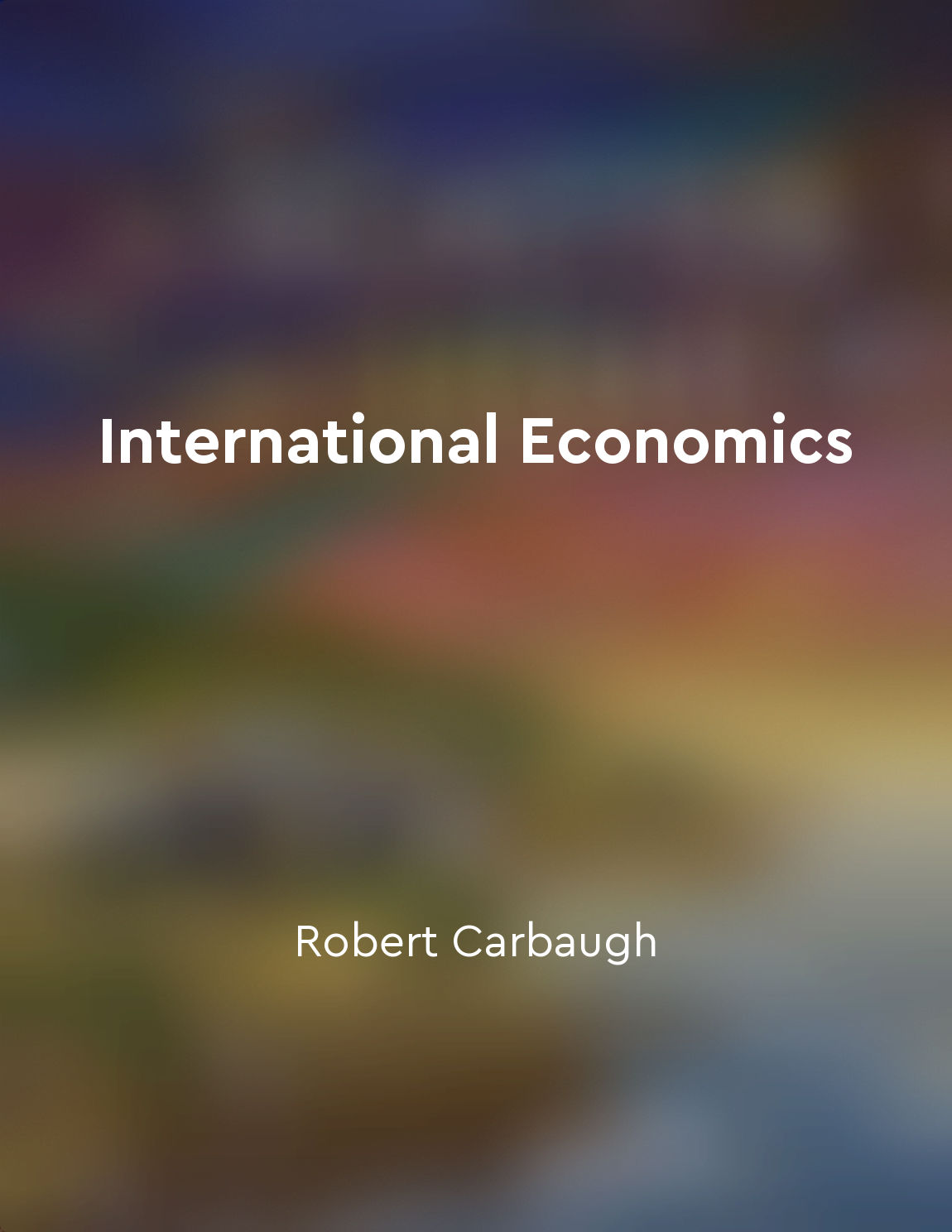Capand-trade systems can reduce emissions from "summary" of Economics of the Environment by Robert N. Stavins
Cap-and-trade systems offer a market-based approach to addressing environmental issues, such as reducing emissions. By setting a cap on total emissions and allowing firms to trade permits to emit pollutants, these systems create a financial incentive for companies to reduce their emissions. This can lead to a more cost-effective way of achieving emissions reductions compared to traditional regulatory approaches. The flexibility of cap-and-trade systems allows firms to find the most efficient ways to reduce their emissions. Companies that can reduce their emissions at a lower cost than their allocated permits can sell their excess permits to those facing higher costs. This trading mechanism encourages innovation and the adoption of cleaner technologies, ultimately leading to overall emissions reductions. Additionally, cap-and-trade systems provide certainty in achieving emissions targets. By setting a cap on total emissions, regulators can ensure that the desired level of reductions will be achieved. This differs from traditional regulatory approaches, which may not guarantee specific emissions reductions due to uncertainties in compliance and enforcement. Furthermore, cap-and-trade systems can promote international cooperation on environmental issues. By allowing firms to trade permits across borders, these systems can help countries work together to achieve global emissions reduction goals. This can be particularly important for addressing climate change, which requires coordinated efforts on a global scale.- Cap-and-trade systems have proven to be effective in reducing emissions by harnessing market forces to incentivize pollution reductions. By providing flexibility, certainty, and promoting international cooperation, these systems offer a promising approach to addressing environmental challenges in a cost-effective and efficient manner.
Similar Posts

Policymakers must balance shortterm and long-term goals
Policymakers are faced with the challenging task of finding the right balance between short-term and long-term goals when formu...
Monitoring and enforcement of water quality standards are necessary
It is crucial to ensure that water quality standards are being met through proper monitoring and enforcement. Monitoring allows...

The country's rapid urbanization has led to environmental challenges
The bustling cities of China today are a reflection of its rapid urbanization in recent years. As more and more people flock to...
Changing dynamics of work and employment
The way we work and find employment is undergoing a transformation. Traditional job structures are giving way to more flexible ...
The power of storytelling in inspiring hope
In a world filled with uncertainty and despair, storytelling has the power to ignite a flame of hope in the hearts of individua...
Natural resource management adjusts
Natural resource management adjusts to changing conditions in order to ensure sustainable use of resources for future generatio...

Inflation affects international trade competitiveness
When a country experiences inflation, it means that the general price level of goods and services is rising. This can have a si...
Behavioral changes can have lasting effects on society
The COVID-19 pandemic has forced many people to alter their behaviors significantly. From wearing masks in public to practicing...
Harnessing technology for environmental good
In the ongoing battle to save the planet from the destructive forces of human activity, technology has emerged as a powerful al...

Shift towards renewable energy sources gains momentum
The transition to renewable energy sources is gaining traction across the globe. Governments, businesses, and individuals are i...

